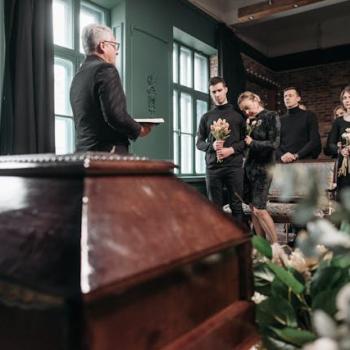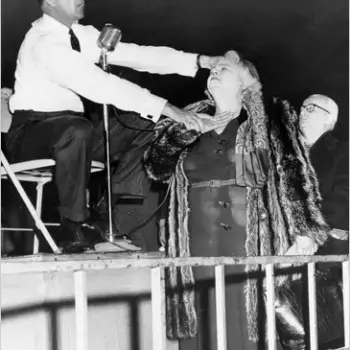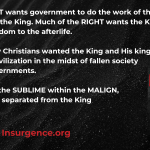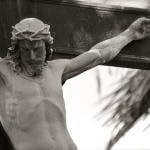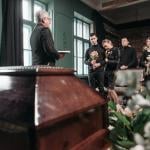Aside from the question of constitutionality, the clergy exemption raises a question that many people — whether religious or not — are likely to be wondering: Why exactly do ministers receive a tax exemption for their housing allowance?
To answer the question we must first consider how taxation of church property, including clergy housing, has historically been considered.
Since at least the time when Joseph served in Pharaoh’s Egypt, religious property has been exempt from certain forms of taxation. (Genesis 47:26) The practice continued in the Roman Empire and through medieval Europe and was part of the common law, which America adopted from England. The common law granted tax exemptions to established churches and, through the equity law tradition, to all churches. From the 15th century to the 19th century, most pastors lived in the parsonage, a house provided by the church. Housing was thus a form of non-cash payment that was exempt from taxation since the parsonage was church property.
By the early twentieth century, though, both clergy housing and taxation had changed considerably. So in 1921, Congress passed the Revenue Act, which exempted from the gross income of ministers the rental value of any “dwelling house and appurtenances thereof” provided by a church as a part of clergy compensation. This parsonage exemption, however, applied only to ministers who lived on property owned by their church and disadvantaged ministers whose churches provided a housing allowance rather than a church-owned parsonage. In 1954, Congress amended the tax code to allow ministers to exempt a portion of their income to the extent used by the minister for housing. According to the Senate Report, the purpose of this addition was to eliminate the disparity in the tax code between ministers who lived in a church-owned parsonage and those who were given a stipend with which to secure housing.
The clergy, of course, are not the only ones to receive such an exemption. Congress included several categories of tax-free housing allowances to demonstrate a willingness to give tax breaks to classes of taxpayers who have little choice about their personal living space, such as members of the military, members of the Peace Corps, members of the Foreign Service, etc.
[Keep reading. . .]





